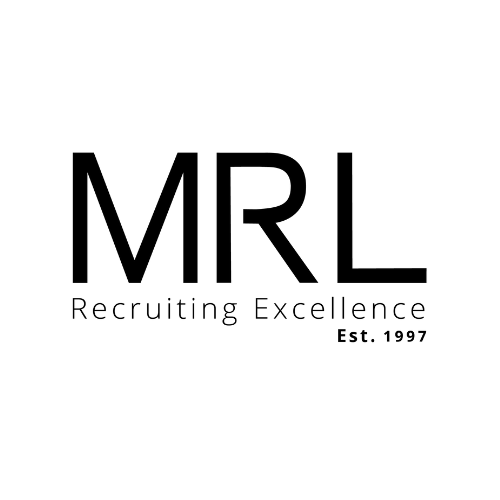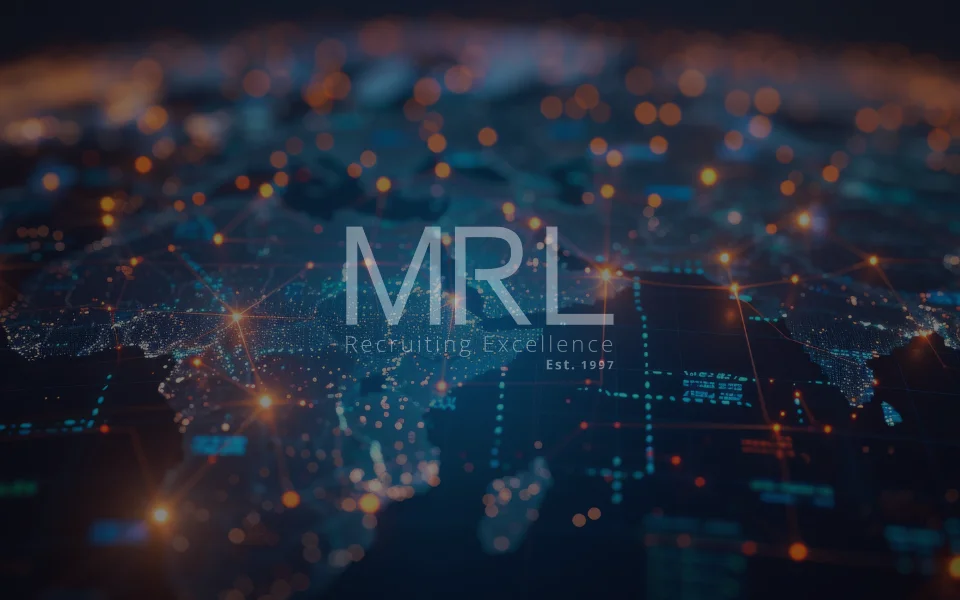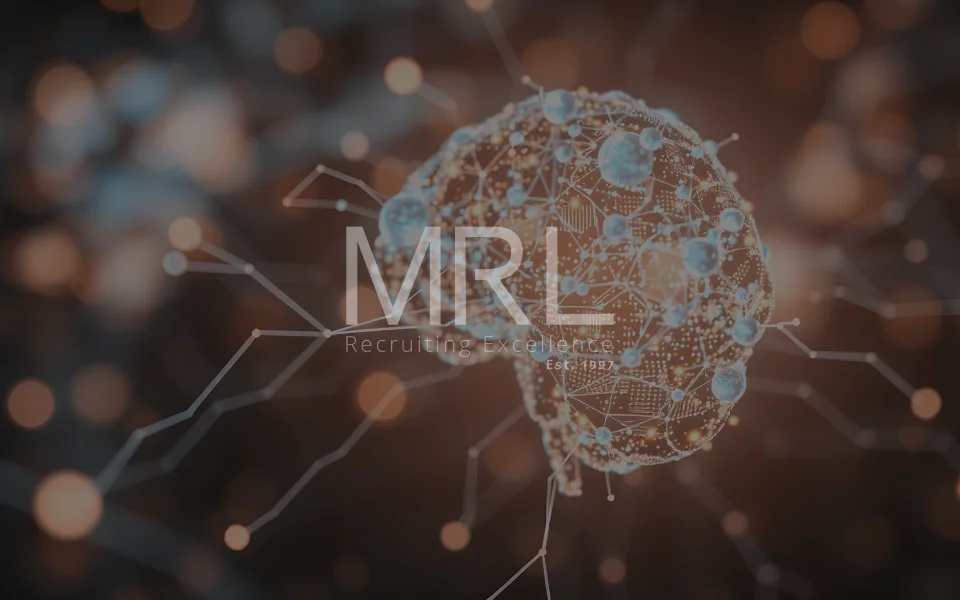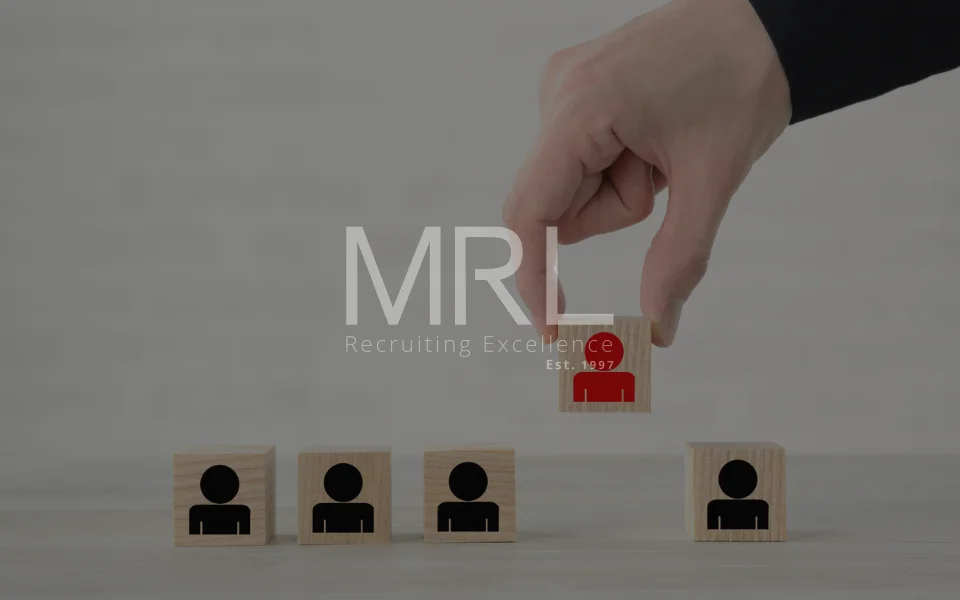Management by Algorithm: Will AI be your new boss?
08 Jul, 20195 minutesCurrent AI managersFor now, this takes the form of AI software providing real-time performan...
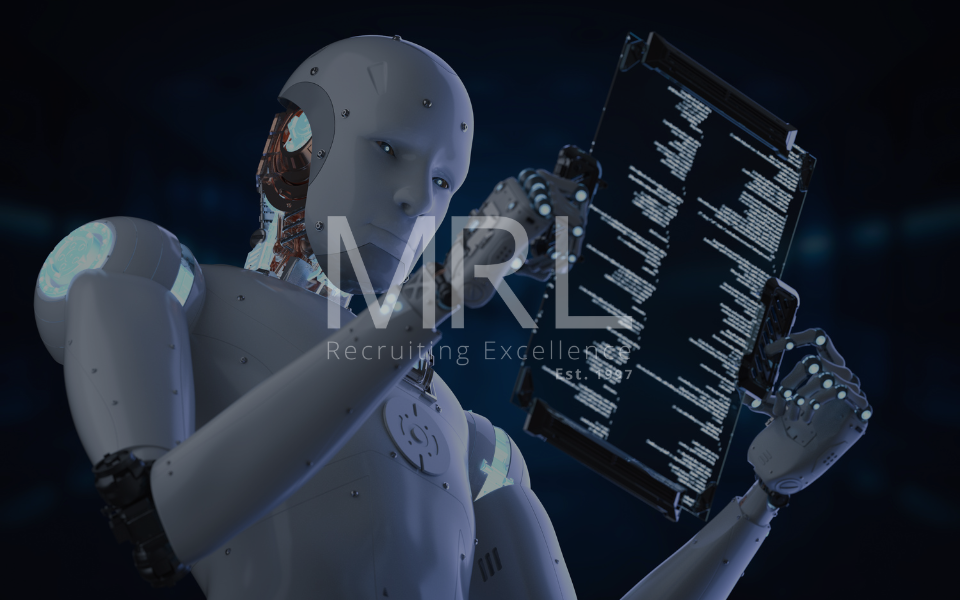
Current AI managers
For now, this takes the form of AI software providing real-time performance feedback. Cognito is one such example, working in call centres to make workers more effective when engaging with callers. Emoji pop-ups tell a worker how they are performing, like prompting them to be more empathetic, based on the AI’s real-time analysis of calls.
The software has been a hit at insurer MetLife, which uses it with 1,500 call centre employees and, since deployment, has experienced a 13 per cent increase in customer satisfaction. Using AI to provide real-time feedback can also have other benefits. Millennials are driven by feedback and want more than just a single annual appraisal. Plus, the feedback data collected can be used for better, more data-driven hiring decisions.
Risk to humanity
However, there’s a fine line between enabling people through AI management and dehumanising them. When using AI to optimise humanity, there’s a risk of going too far by completely removing the people-centric aspect from management. As shown by Amazon in its fulfilment centres, there can be widespread employee and public backlash if they feel under pressure from their managerial machine overlords. In this case, Amazon used algorithms to track worker performance and automatically fire them if they fell short. No human manager required.
The benefits of (some) automation
Still, firing aside, much of the work done by human managers can be automated. As noted by Tomas Chamorro-Premuzic, a professor of business psychology at University College London, who said, “What managers do mostly is identify potential, build teams, assign tasks, measure performance and provide feedback. Generally speaking, humans aren’t very good at these tasks. Someday, we might not need managers anymore.”
It’s true that AI performs much better than humans doing some tasks. IBM Watson can predict future employee performance with a 96 per cent accuracy rate, for example. Plus, it can help to strip unconscious bias from the recruitment and promotion process.
Although AI can automate a lot of a manager’s to-do list, like monitoring performance and improving productivity, there’s a crucial human element that AI simply cannot achieve.
Humans at the centre
For organisations looking to bring AI managers into the workplace, the focus must be twofold. Of course, you’ll want to improve efficiency, but if that is your sole priority your human workers will soon realise that they’re not number one. That’s when the backlash will start and nullify any productivity improvements made.
Companies that fall foul with their AI management are the ones that forget the worker in the middle of it all. The ones who are succeeding are using AI to augment certain managerial functions, freeing their managers up to focus on more human-centric tasks. Like one-on-ones, team building and career guidance. By all means, invest in an AI manager - but keep hold of the human ones too.
We locate and contact the best (human) talent across niche tech industries. Find out how we can help with your hiring strategy.


